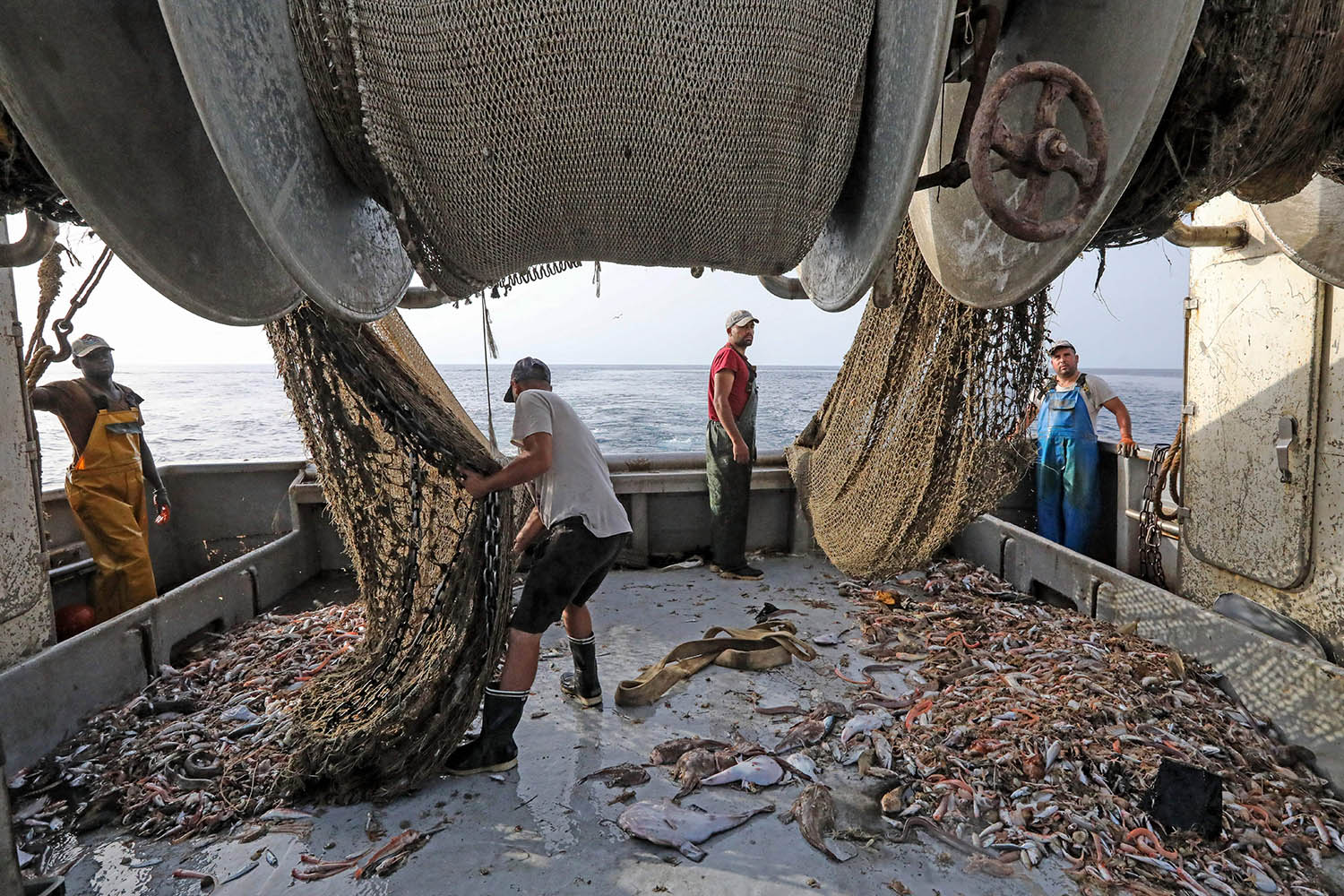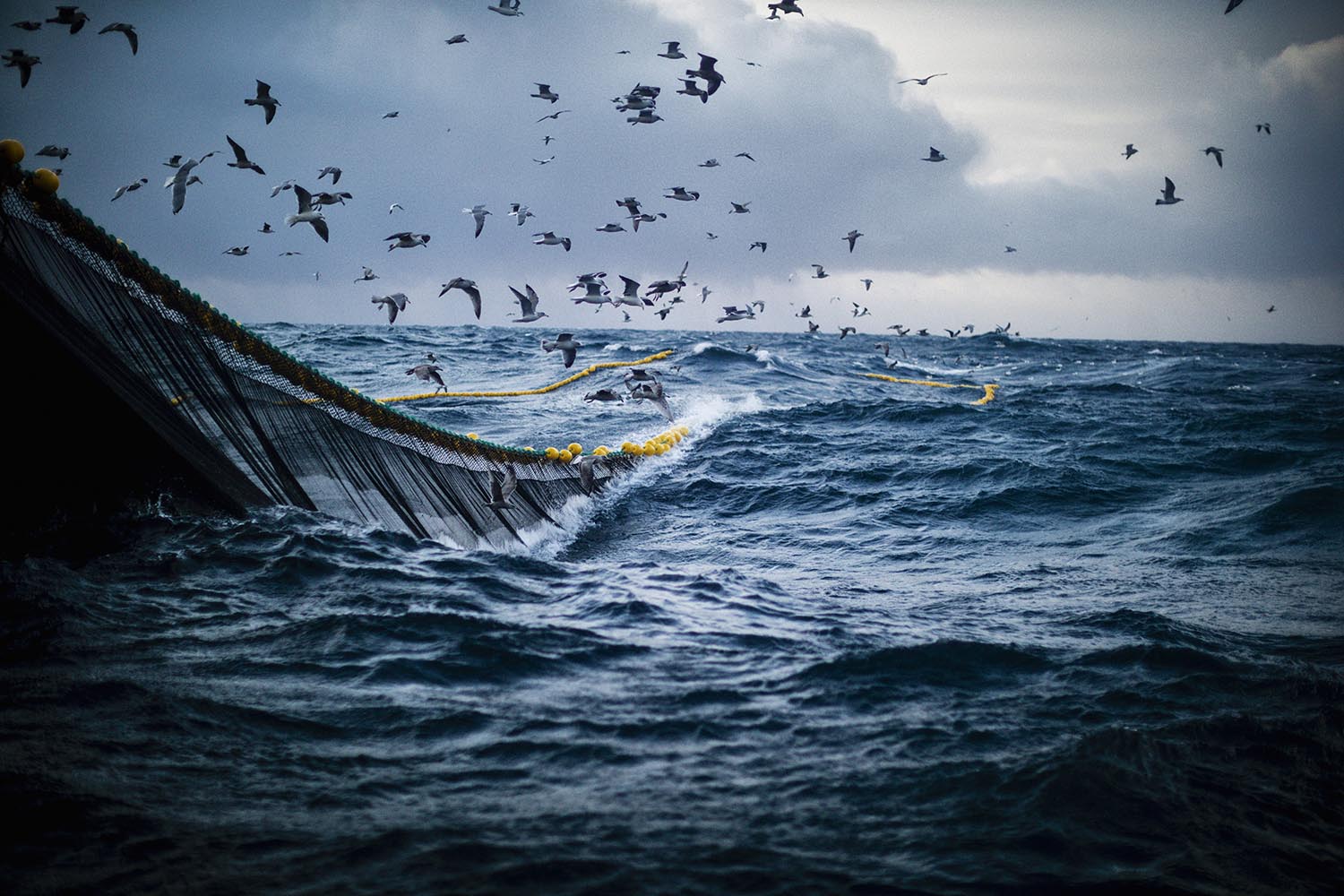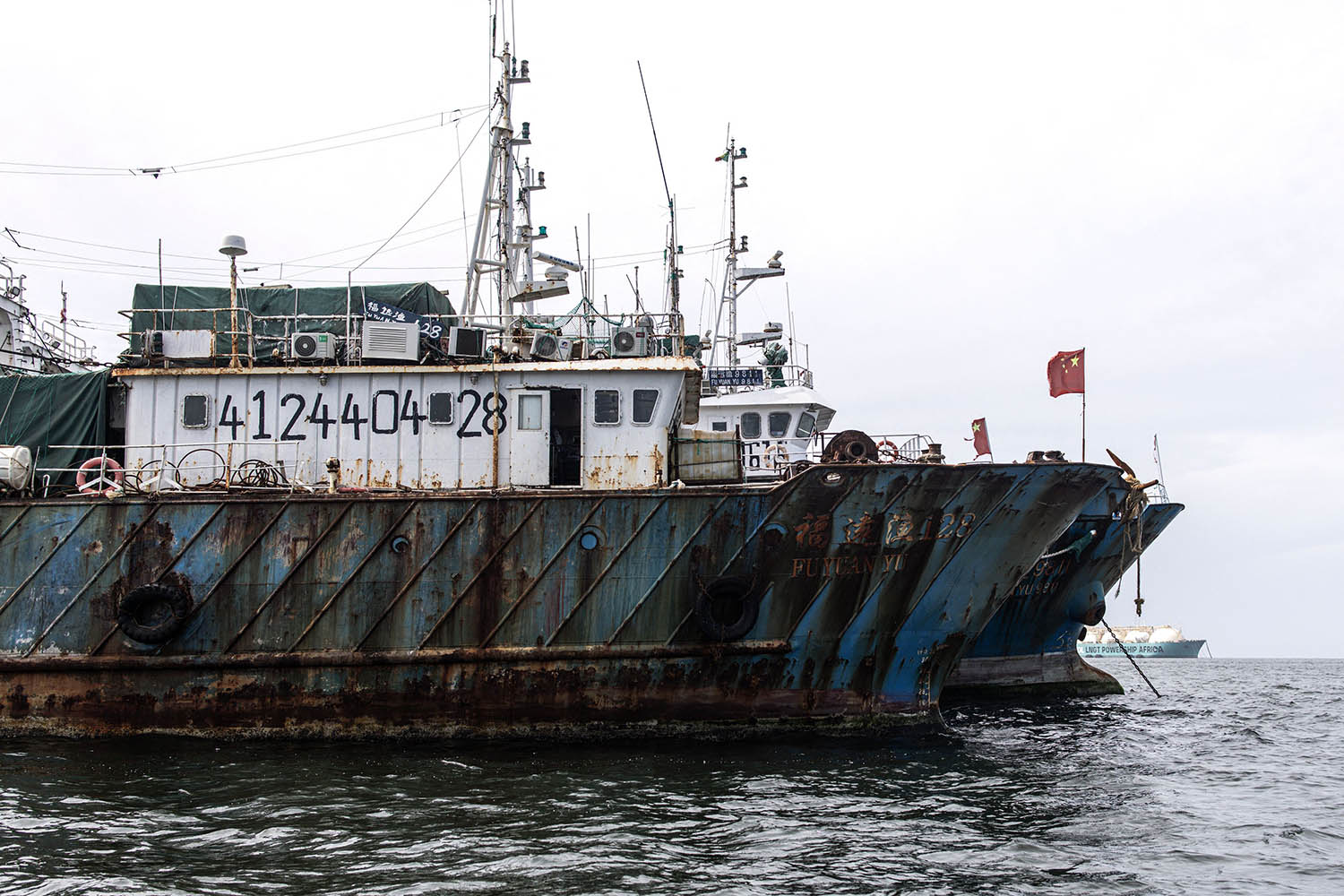The third United Nations Ocean Conference in Nice concluded on Friday on a muted note, falling short of its headline goal of securing the 60 ratifications needed to enforce the High Seas treaty. Critics also claimed the conference failed to address fossil fuel emissions, deep sea mining and practices that may threaten the future of the ocean.
“This was the moment for France to lead – and they missed it,” said Alexandra Cousteau, senior adviser to conservation non-profit Oceana, and granddaughter of Jacques Cousteau. “President Macron promised action on bottom trawling in marine protected areas but delivered only artificial limits and empty words.”
The High Seas treaty, also known as Biodiversity Beyond National Jurisdiction, is a landmark agreement aimed at protecting marine life in areas beyond the control of individual countries. It sets out legally binding commitments for nations, with key measures including the creation of marine protected areas, mandatory environmental impact assessments for high seas activities, fair access to and sharing of marine genetic resources, and support for developing nations.
The treaty’s enforcement relies heavily on voluntary compliance, state reporting and diplomatic accountability. Without strict legal penalties, its success will depend on political will, international cooperation and the commitment of nations to uphold its goals. About 50 countries have now ratified, including Finland, Norway, France, Jordan and Vietnam. The UK has pledged to ratify it by the end of the year.
The conference was co-hosted by France’s president Emmanuel Macron and the president of Costa Rica, Rodrigo Chaves Robles. Some heads of state were in attendance, along with more than 100 other senior government ministers. A notable absence was the United States, which did not send any politician s to the conference.
The European Union pledged €40m to support the treaty’s ratification and nearly €1bn dedicated to more than 50 voluntary ocean-related initiatives. Macron announced the creation of a vast marine protected area network covering 4m km² – 900 km² of which will be highly protected – led by the government of French Polynesia. Additional marine protected areas were declared by countries including Samoa, Colombia and Tanzania, contributing to the goal of conserving 30% of the ocean by 2030.
The conference ended without consensus on one of the most urgent issues: deep sea mining, which could have irreversible consequences for biodiversity, pollution, destruction of ecosystems and disruption of the ocean’s abilities to absorb carbon. A moratorium, a precautionary pause, or a ban on deep sea mining has been supported by 37 countries.
John Kerry, former US secretary of state and climate envoy, who attended the conference, said in a statement that many pressing issues were left unresolved, including many marine protected areas that lack the adequate enforcement mechanisms to combat ongoing bottom trawling, which contributes to the climate crisis. “Enormous work remains ahead,” said Kerry. “We must all reckon with the reality that you cannot protect the ocean without confronting the biggest root cause bringing it to the breaking point: the pollution from unabated fossil fuels pumped into the atmosphere.”
Leaders from small island nations criticised the lack of focus on fossil fuels throughout the conference, calling on oil and gas producers to slash their emissions, and provide them with climate finance to fund the construction of disaster mitigation infrastructure.
Tuvalu’s president, Feleti Teo, warned his country is facing existential threat, with the entire population may needing to evacuate their homeland, which comprises low-lying islands in the Pacific that are increasingly hit by flooding and extreme weather events.
Newsletters
Choose the newsletters you want to receive
View more
For information about how The Observer protects your data, read our Privacy Policy
“The ocean is everything to us. It sustains our livelihood. It's our source of economic development,” said Teo. “The ocean is now becoming the greatest threat to tomorrow, because climate change-induced sea level rises.”
Vanuatu’s climate minister, Ralph Regenvanu, spoke of the daily realities of living through climate emergencies, and criticised the “greed of corporations and governments” for not taking a stand against bottom trawling.
He also issued a warning for developed nations.
“Those of us who are the most vulnerable now are simply living your future,” said Regenvanu. “If you’re a landlocked country, or if you’re in a city, or if you’re on a mountain, and you think you’re safe, you’re not.”
This story was supported by the Pulitzer Center’s Ocean Reporting Network
Photograph by Raymond Roig/AFP via Getty



